Nobody likes paying hefty bills, so it’s wise to try and find ways to save on energy whenever possible. However, cutting down on your energy consumption isn’t just about saving money–it’s also about minimizing your carbon footprint. Thankfully, there are all sorts of ways to reduce your energy use, starting with the following things you’re likely doing at home that are wasteful.
Leaving Electronics Plugged In
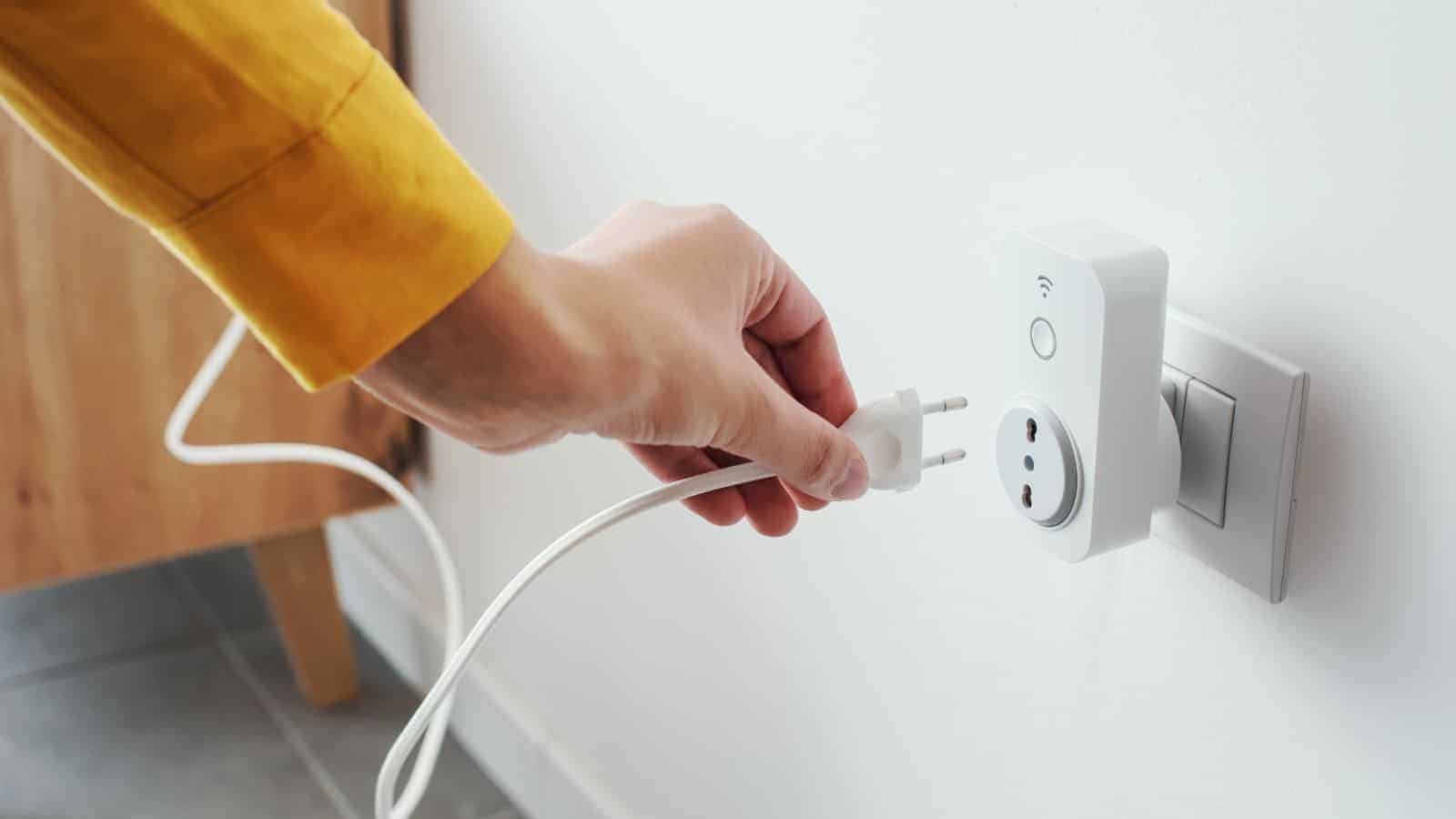
The first port of call when it comes to saving energy at home is to stop leaving electronics plugged in. Devices like phone chargers and laptops can keep drawing energy even when they’re not in use, commonly known as “vampire” energy. While this trickle might seem insignificant, it really adds up over time. So, unplug your gadgets when they’re fully charged, and it will make a big difference–their batteries will benefit from this, too!
Overlooking Window Insulation
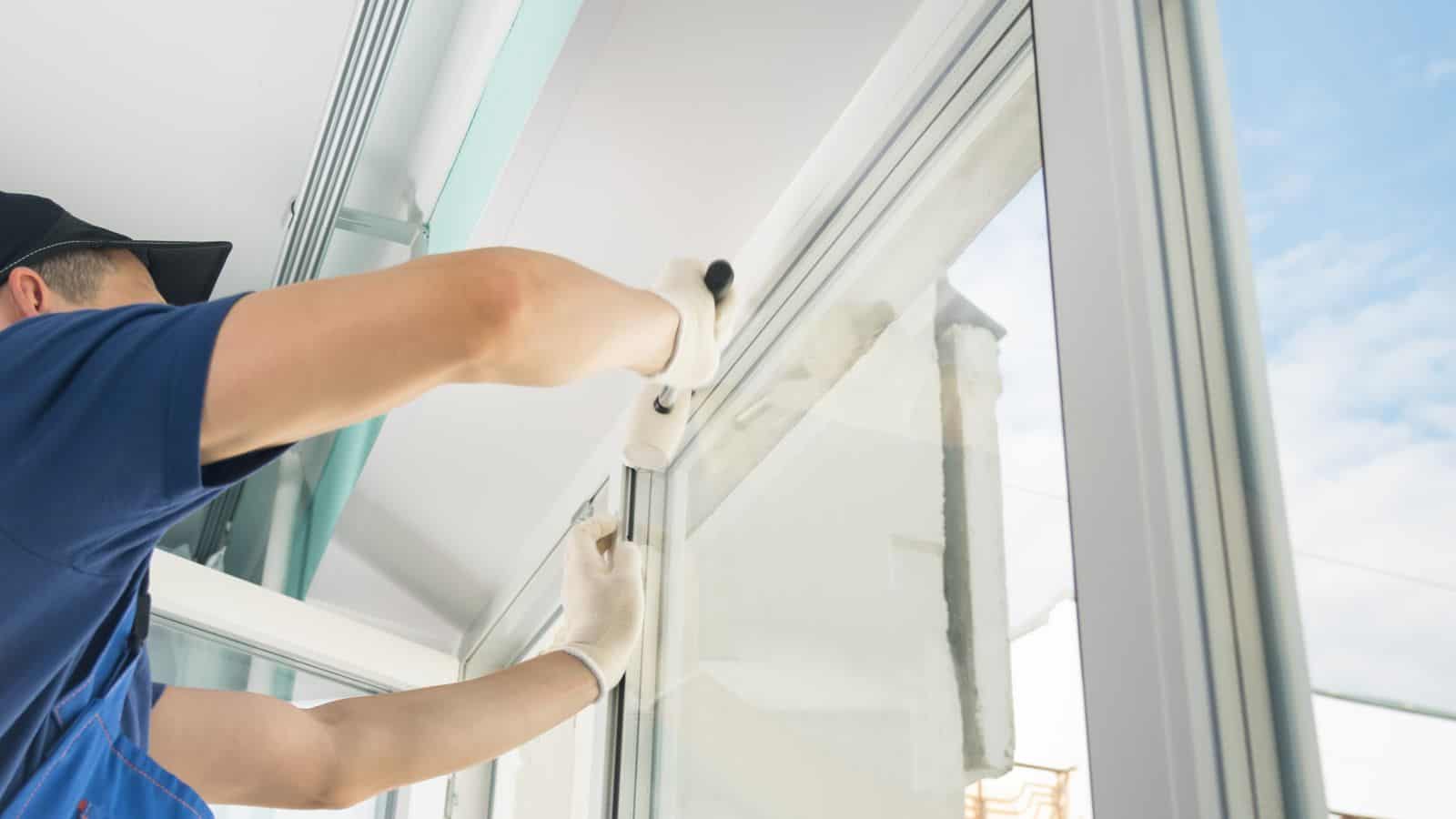
Drafty windows can be a major culprit for heat loss in colder months, as well as heat gain in warmer ones. This is because thin windows or windows without proper sealing allow air to escape or enter, making your heating and cooling systems work harder. So, conduct an assessment of your window standards, and consider applying simple fixes like weather stripping or insulating window film to reduce your AC and heating needs.
Ignoring the Thermostat
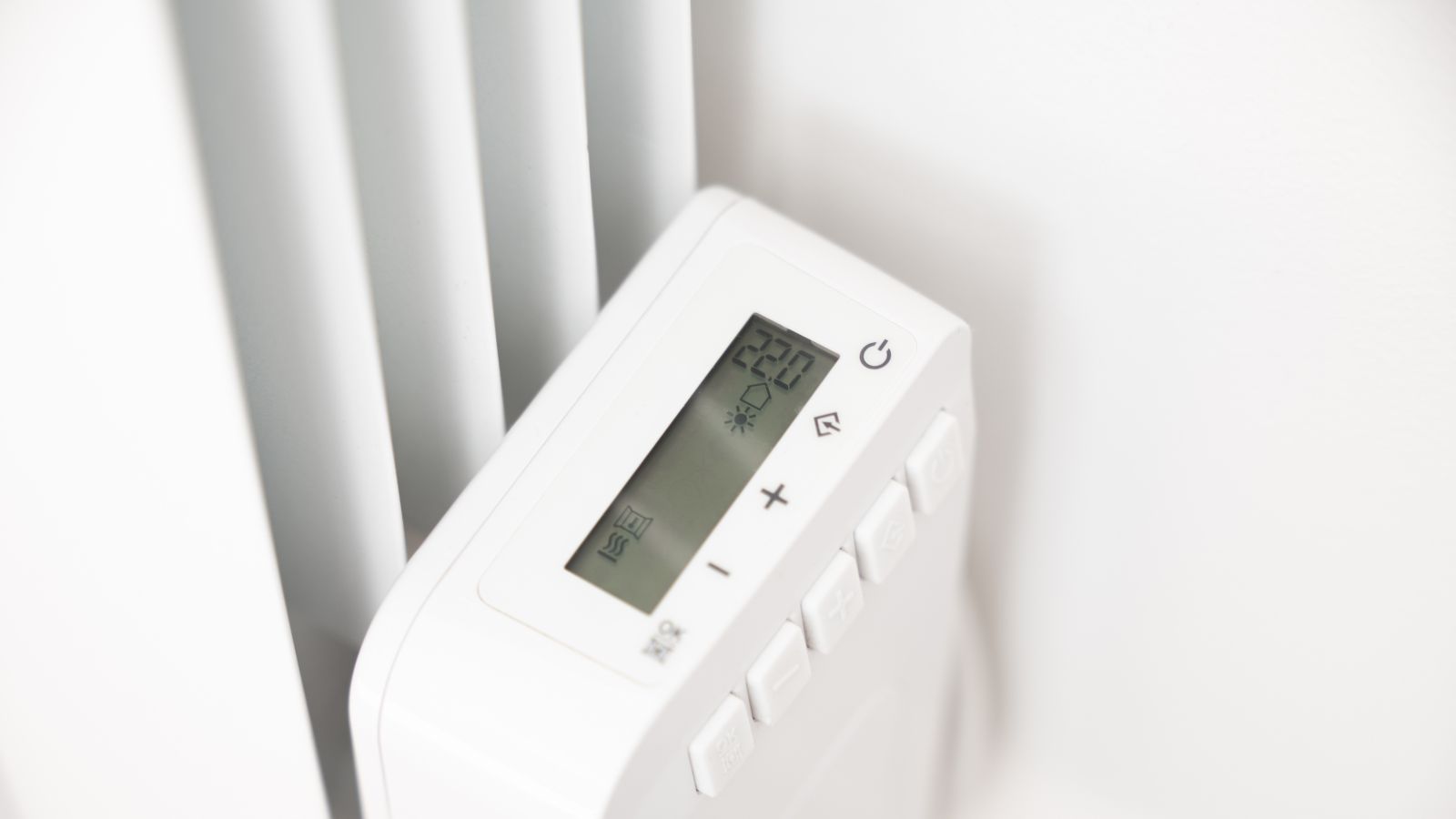
There’s no denying that setting your thermostat to a consistent temperature all day is convenient and cozy, but adjusting it throughout the day will save you a lot of energy. Even just lowering the thermostat by a few degrees at night or when no one is home reduces unnecessary heating or cooling. Better still, smart thermostats make it even easier by adjusting automatically based on your routines.
Running Half-Empty Appliances
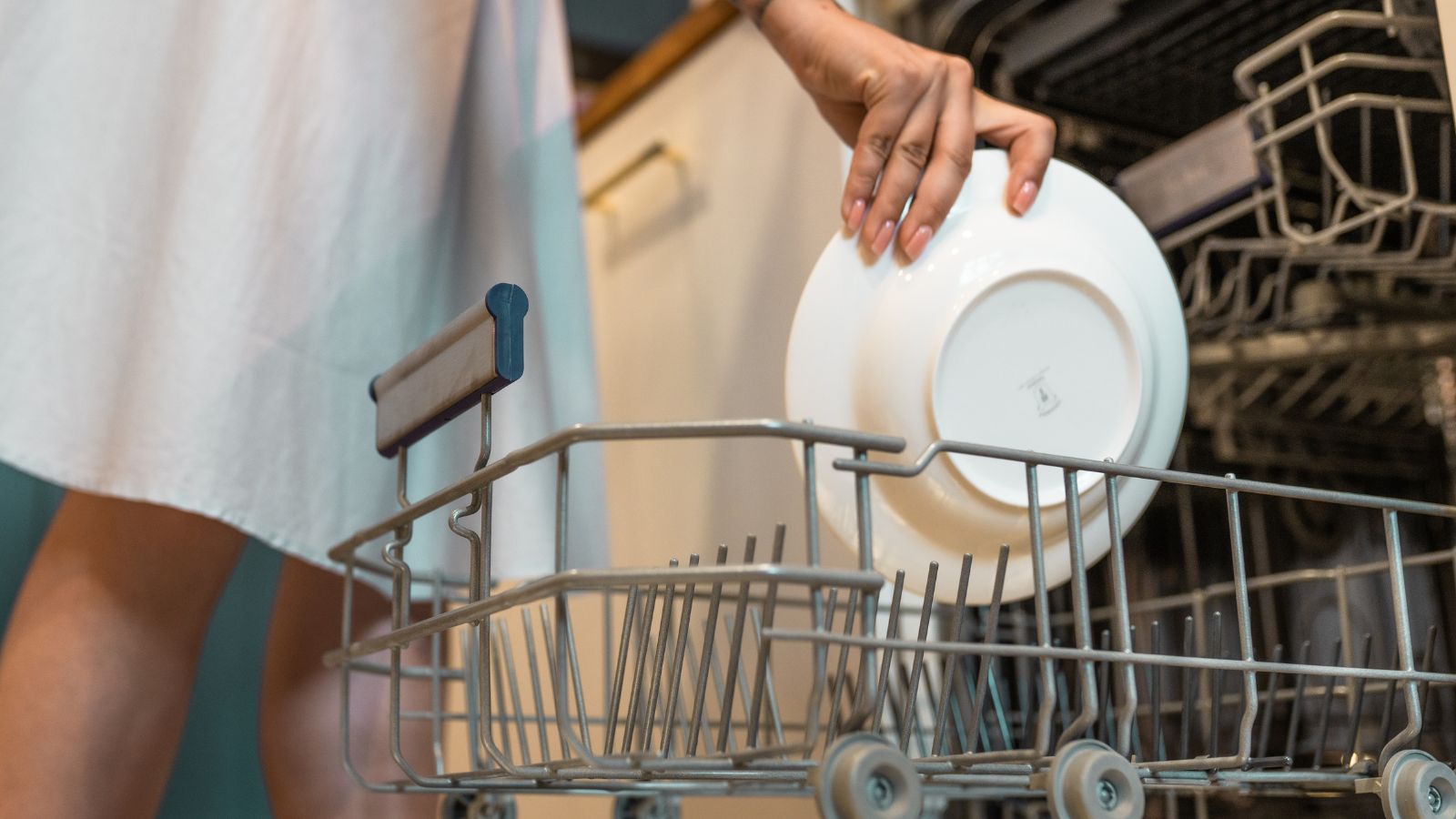
Regardless of whether it’s the dishwasher or washing machine, running home appliances with a partial load uses the same amount of energy as a full load. Therefore, it’s a smart idea to wait until you have enough for a full load, maximizing your usage efficiency. Many modern machines have eco settings designed to reduce water and electricity use, so they’re worth a try, too.
Heating Unoccupied Rooms
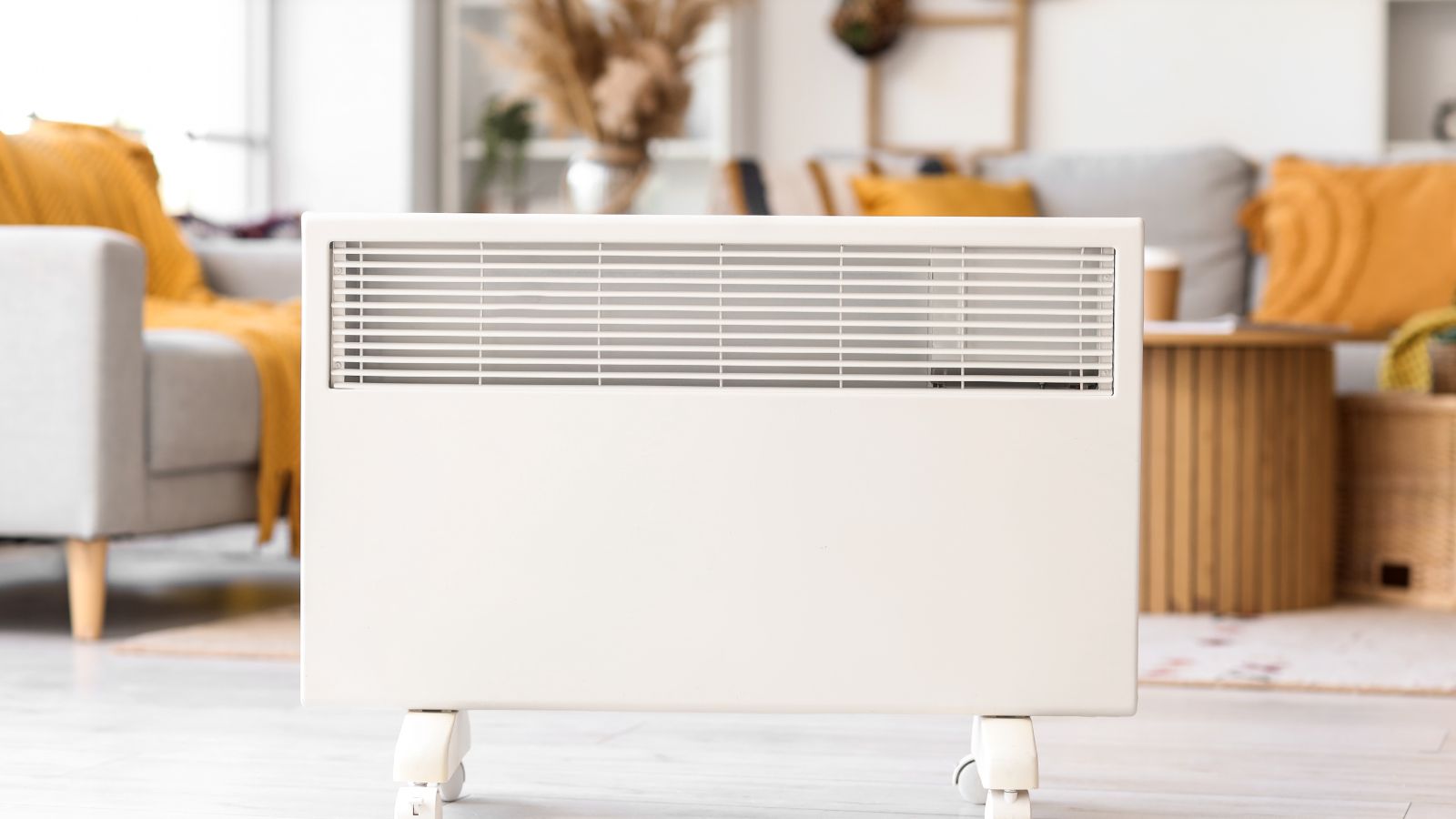
If you’re not spending time in a particular room, heating or cooling them is a complete waste of money and energy. To stop doing this, consider closing vents or doors to those spaces to help direct air to the areas you actually use. Furthermore, don’t forget to turn off radiators and AC units in these rooms, which would otherwise be pouring money down the drain.
Letting Dust Accumulate
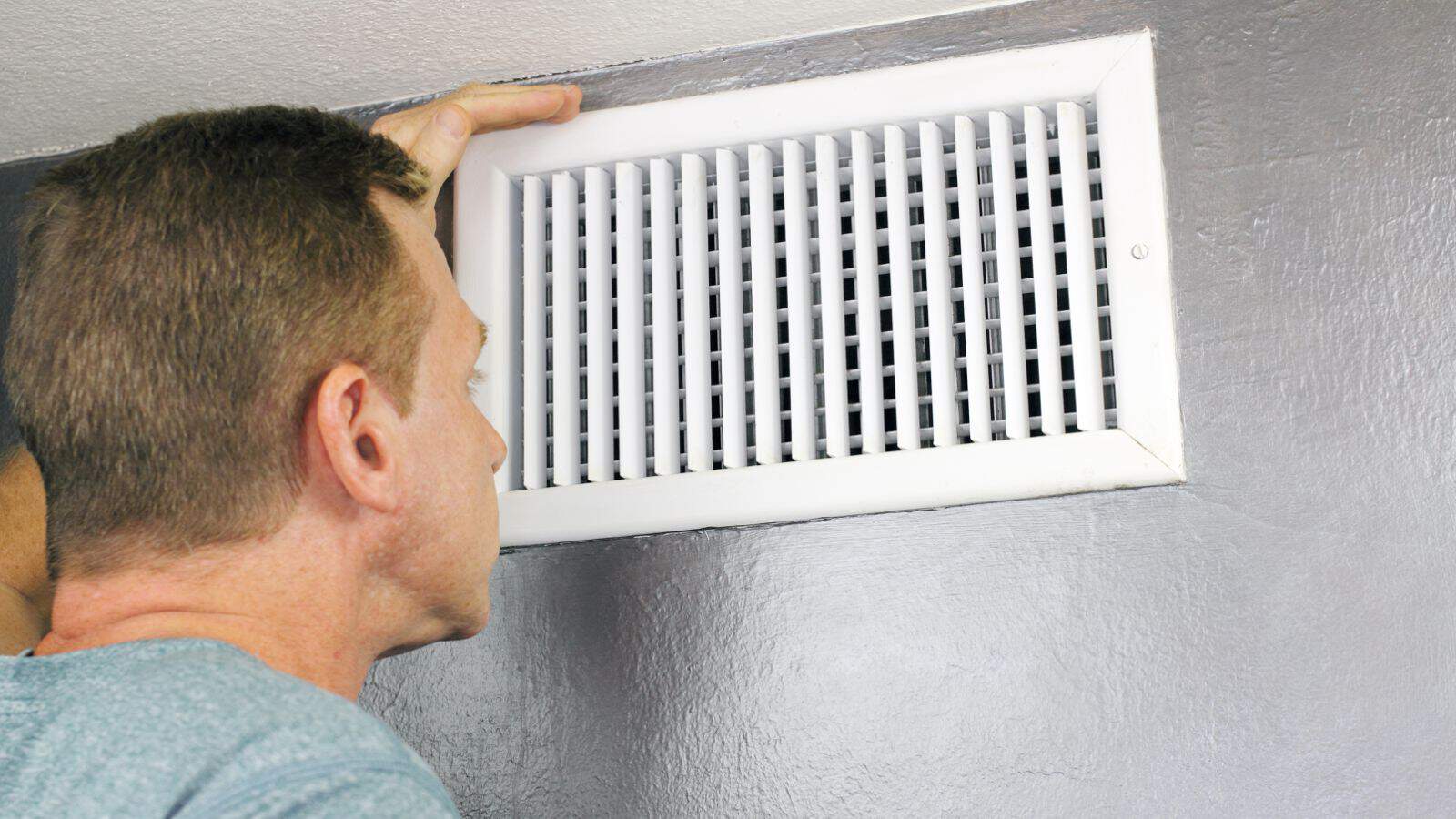
Dusting might seem like just a cleaning chore, but dusty vents, fans, and filters make your appliances work harder, using more energy. This means that regular cleaning can actually improve efficiency, reduce energy consumption, and keep air quality fresh. Make it a habit to clean or replace filters, especially on appliances like your HVAC system, and you’ll thank yourself later down the line.
Keeping the Fridge Too Cold
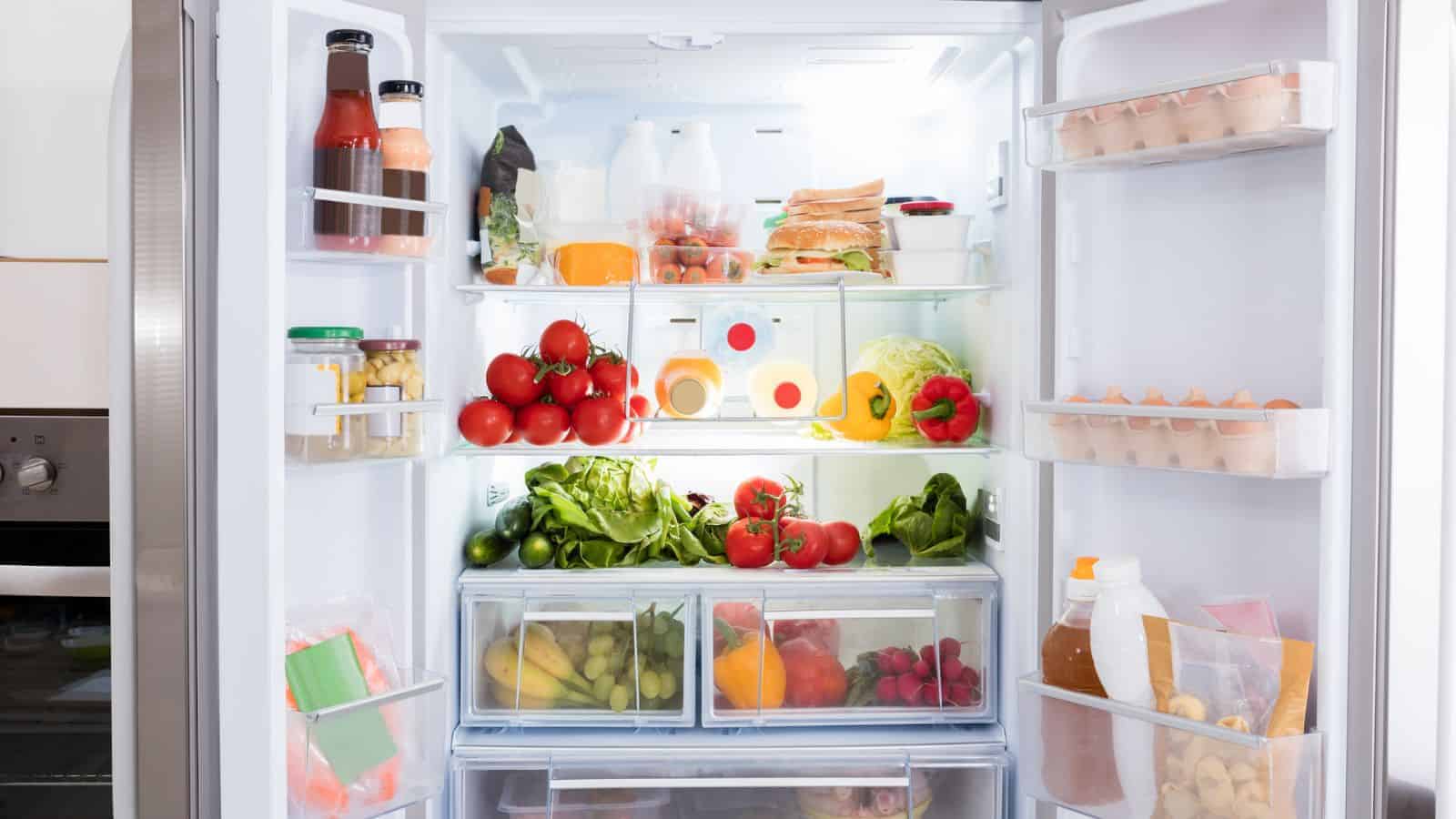
Refrigerators work best at around 37-40°F, and freezers should be at 0°F. Therefore, setting temperatures lower than that doesn’t keep food fresher; it only wastes energy. Avoid overloading the fridge as well, which can restrict airflow and force it to use more power to keep things cool.
Skipping AC Maintenance
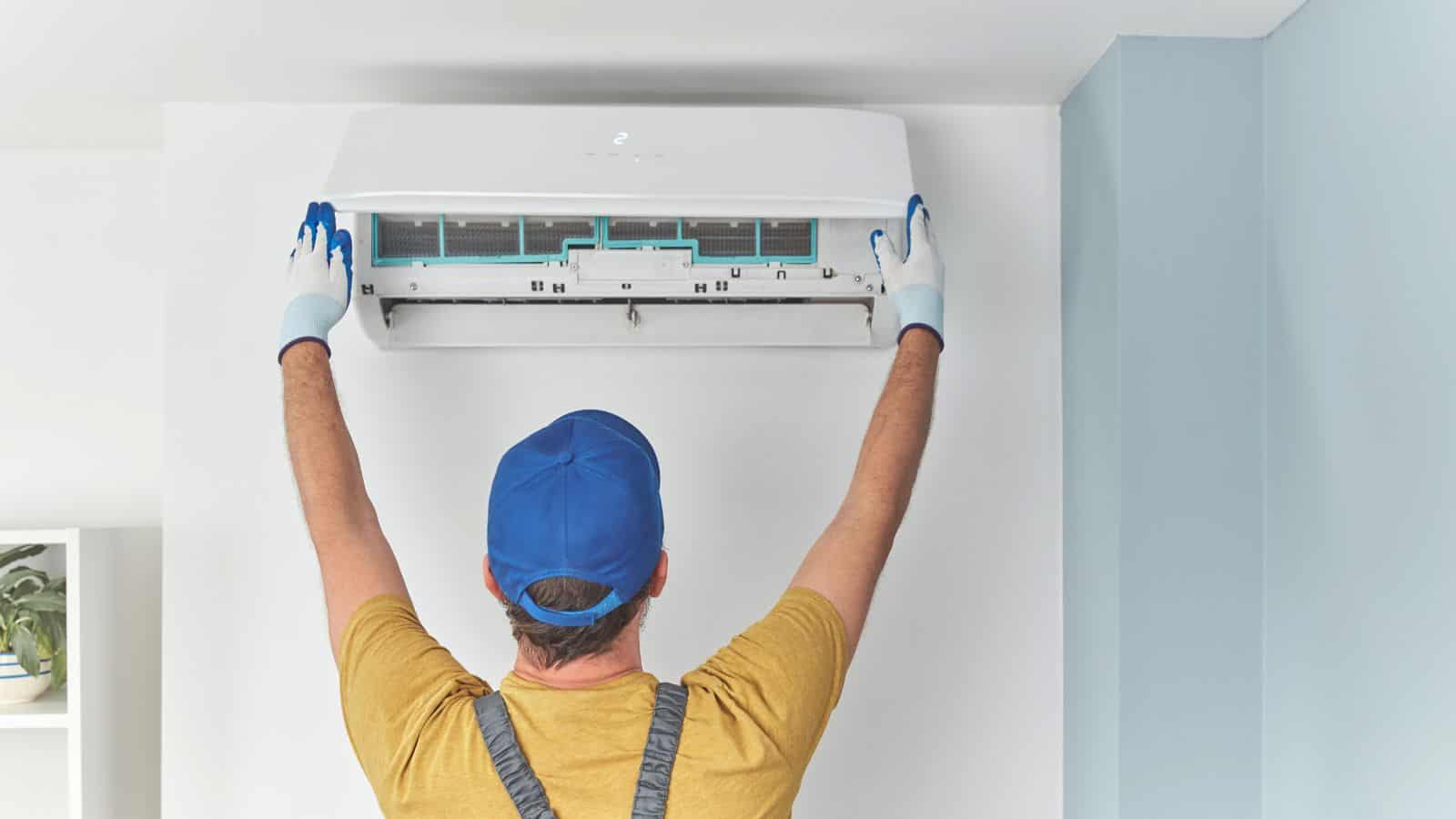
Your air conditioner requires occasional maintenance to work efficiently, and ignoring this can lead to clogged filters and overworked parts, causing it to use more energy than necessary. This is why it’s so important to get regular maintenance on your units, ensuring that they run smoothly and keeping energy consumption in check during warmer months.
Using Traditional Light Bulbs
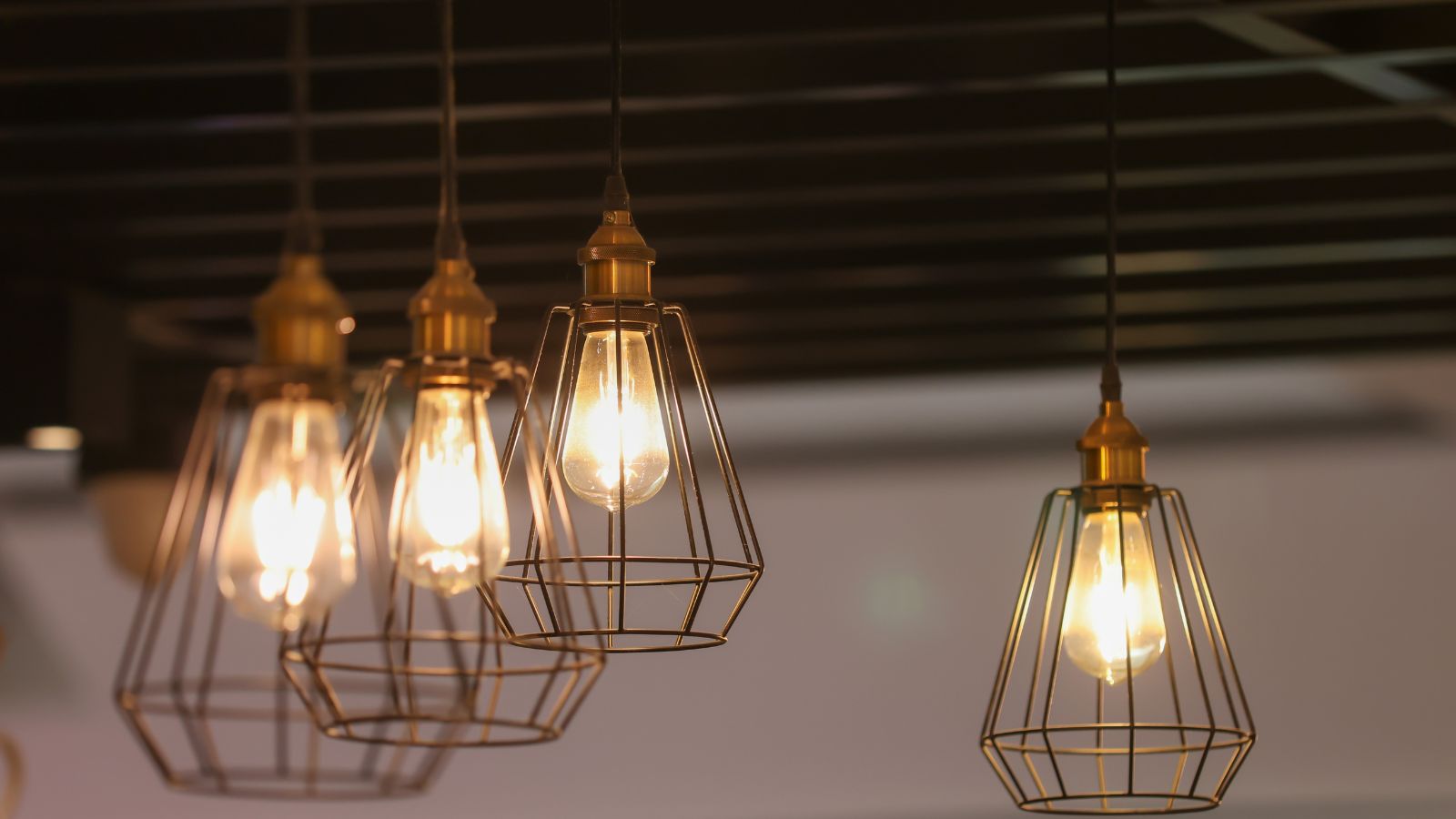
Incandescent bulbs are outdated when it comes to energy efficiency, using far more power than necessary. Meanwhile, switching to LED or CFL bulbs can save a lot of energy and last longer, reducing waste. They might be more expensive upfront, but the energy savings make up for the cost over time.
Leaving Fans Running
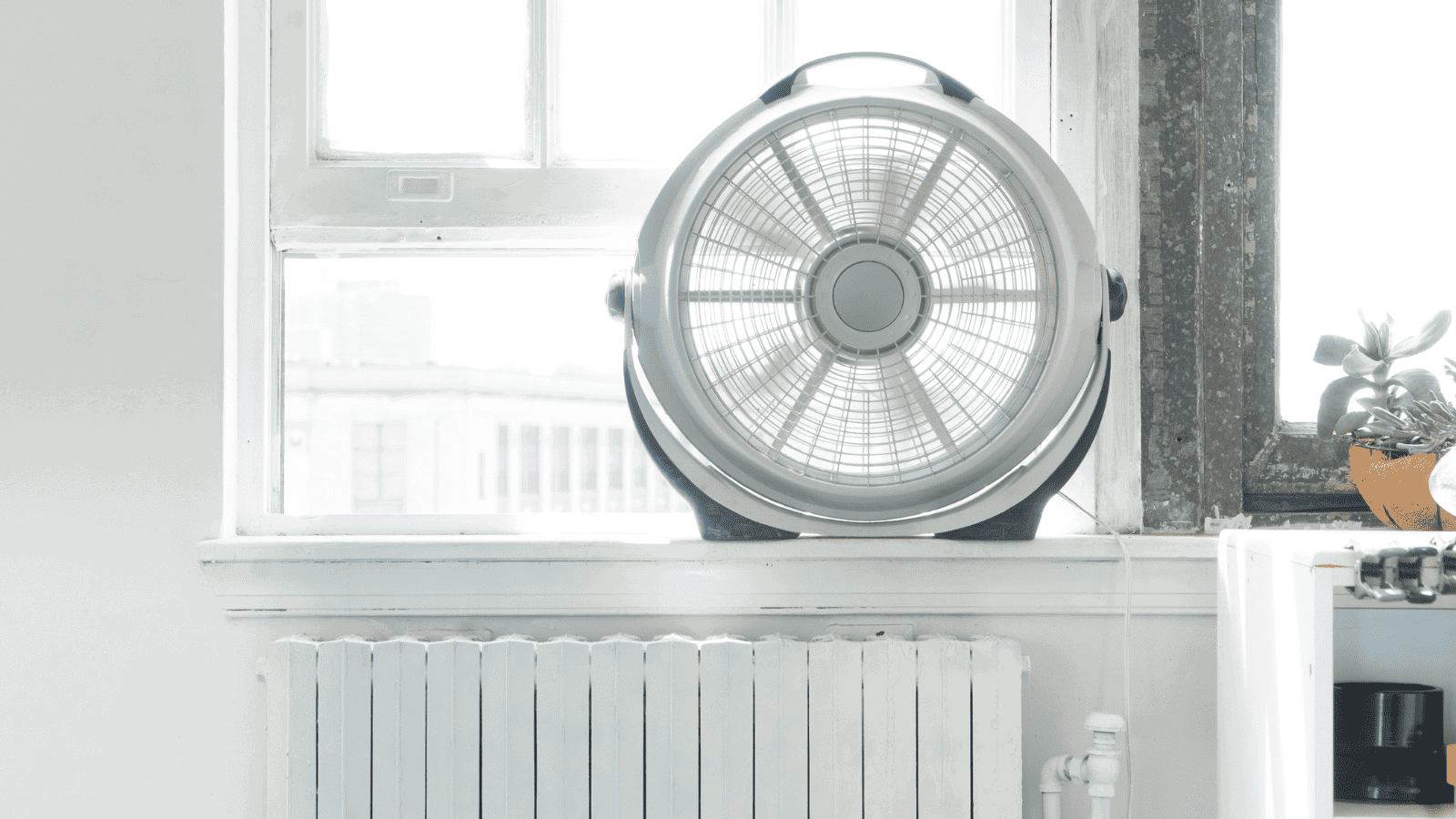
Fans circulate air, helping to cool down a room, but they don’t actually lower the temperature, so leaving them on when no one’s around uses electricity for no benefit. Turn them off when leaving a room to save energy, and consider using ceiling fans on low settings instead of cranking up the AC.
Neglecting to Seal Ducts

Unsealed ducts allow heated or cooled air to escape, making your HVAC system work overtime to maintain your desired temperature. This wastes both energy and money, so take a moment to inspect your ducts for gaps or leaks and seal them accordingly, helping them to become more energy efficient.
Keeping the Water Heater at Full Blast
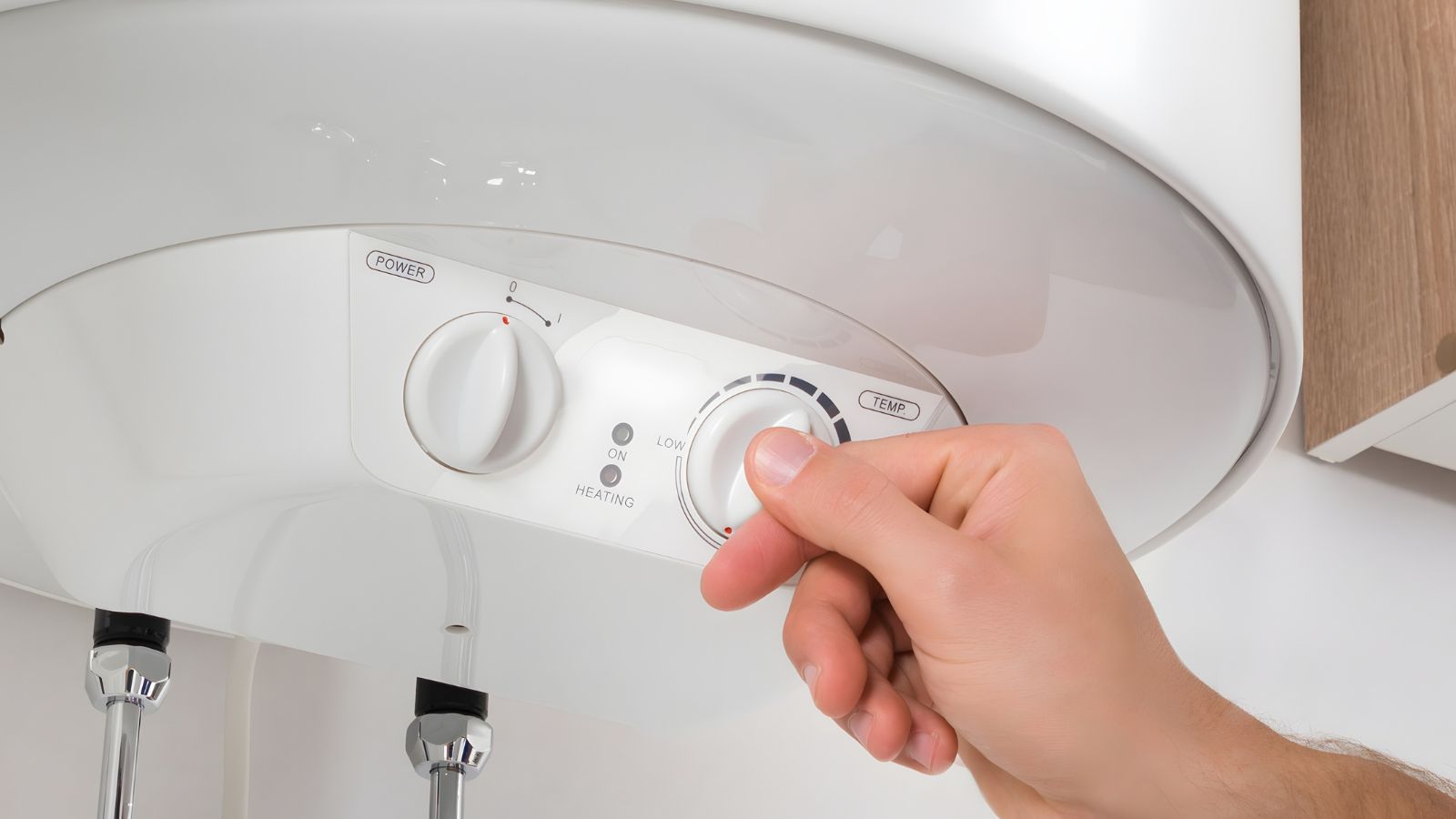
Another thing you’re probably doing that could be wasting energy in your home is setting your water heaters to excessively high temperatures. For guidance, setting your heater to 120°F is usually enough for most household needs, like showers and dishwashing. So, if your heater is currently set any higher than this, consider reducing it, and you’ll save a surprising amount of energy by the end of the year.
Running Appliances During Peak Hours

Utility companies often charge higher rates during peak hours, meaning that using energy-intensive appliances like ovens or dryers at these times can increase your bill. Thankfully, there’s a simple trick to get around this: try to schedule these activities for off-peak hours, typically early morning or late evening, to save both energy and money.
Using the Oven for Small Meals
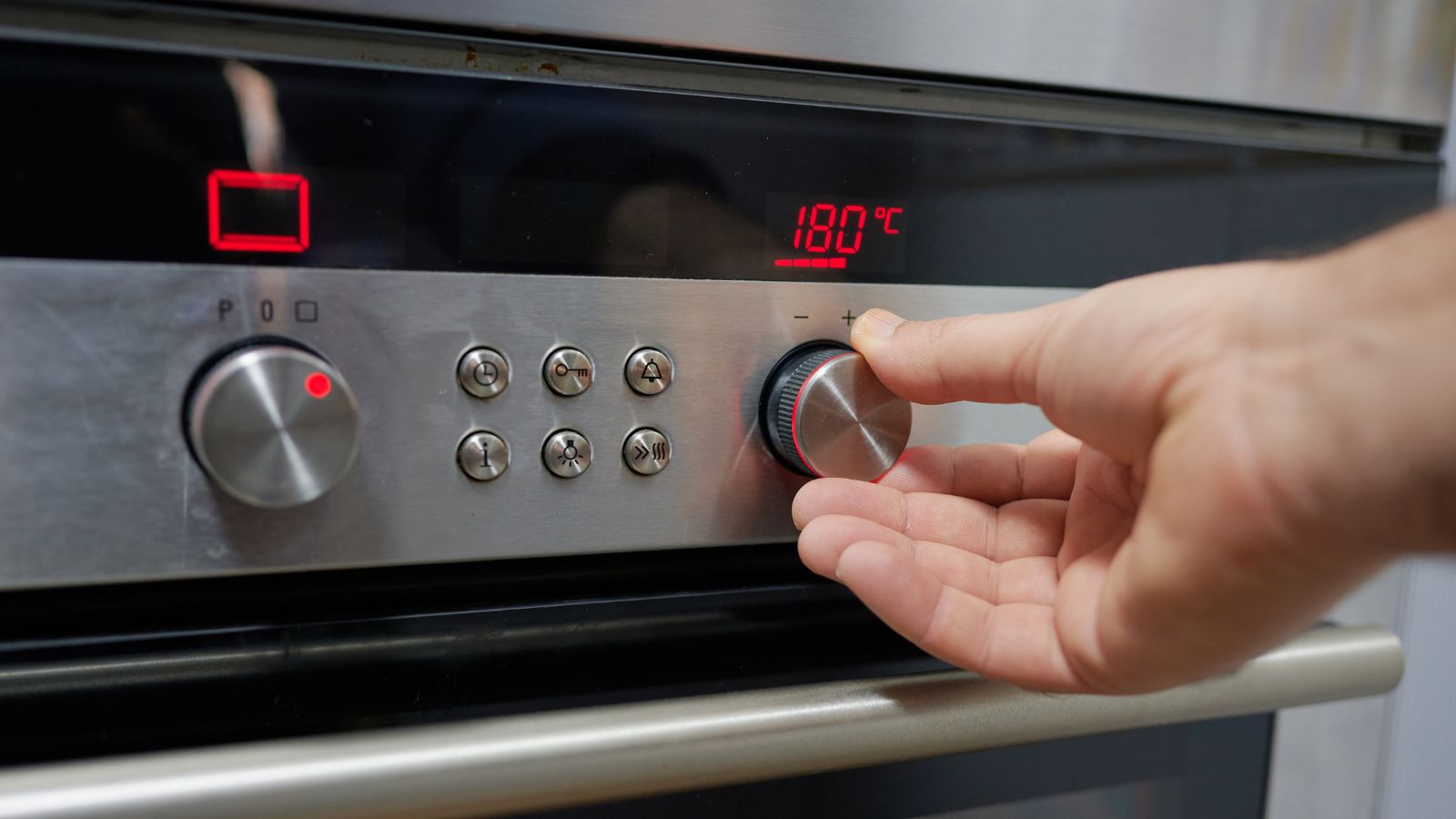
Heating up a whole oven for a small meal is energy-intensive and can be wasteful, so it’s worth using smaller appliances like a toaster oven, microwave, or air fryer if you have them. These appliances generally use less energy for quick or small meals, so you’d be surprised at how much of a difference this simple switch would make.
Forgetting to Close Curtains

Curtains and blinds are great at controlling indoor temperatures. During the summer, keeping them closed during peak sunlight hours can reduce heat, and in the winter, open them to let the sunlight warm your home. You should use your window coverings strategically to help your heating and cooling systems work more efficiently, and both your bills and the environment will benefit greatly from this.
Ignoring Faucet Drips
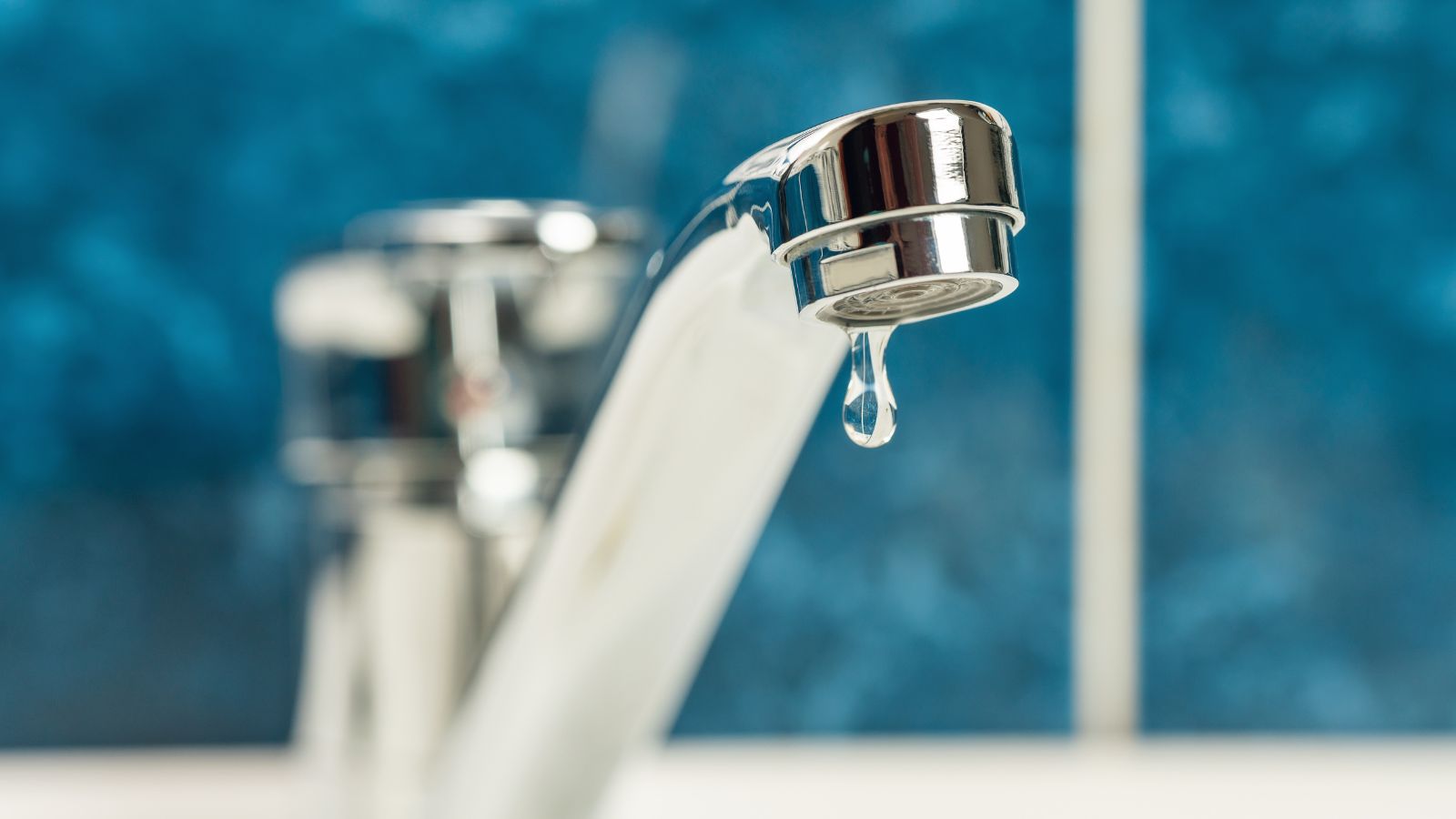
It’s easy to let a leaky faucet drip away over time, but this is a huge waste of water and potentially energy if they’re heated. Every drip of hot water that goes down the drain requires your water heater to work and makes your water bill go up, too. So, stop procrastinating and get those leaks fixed, and you’ll save gallons of water and reduce the energy needed to heat it over time.
Keeping Devices on Standby
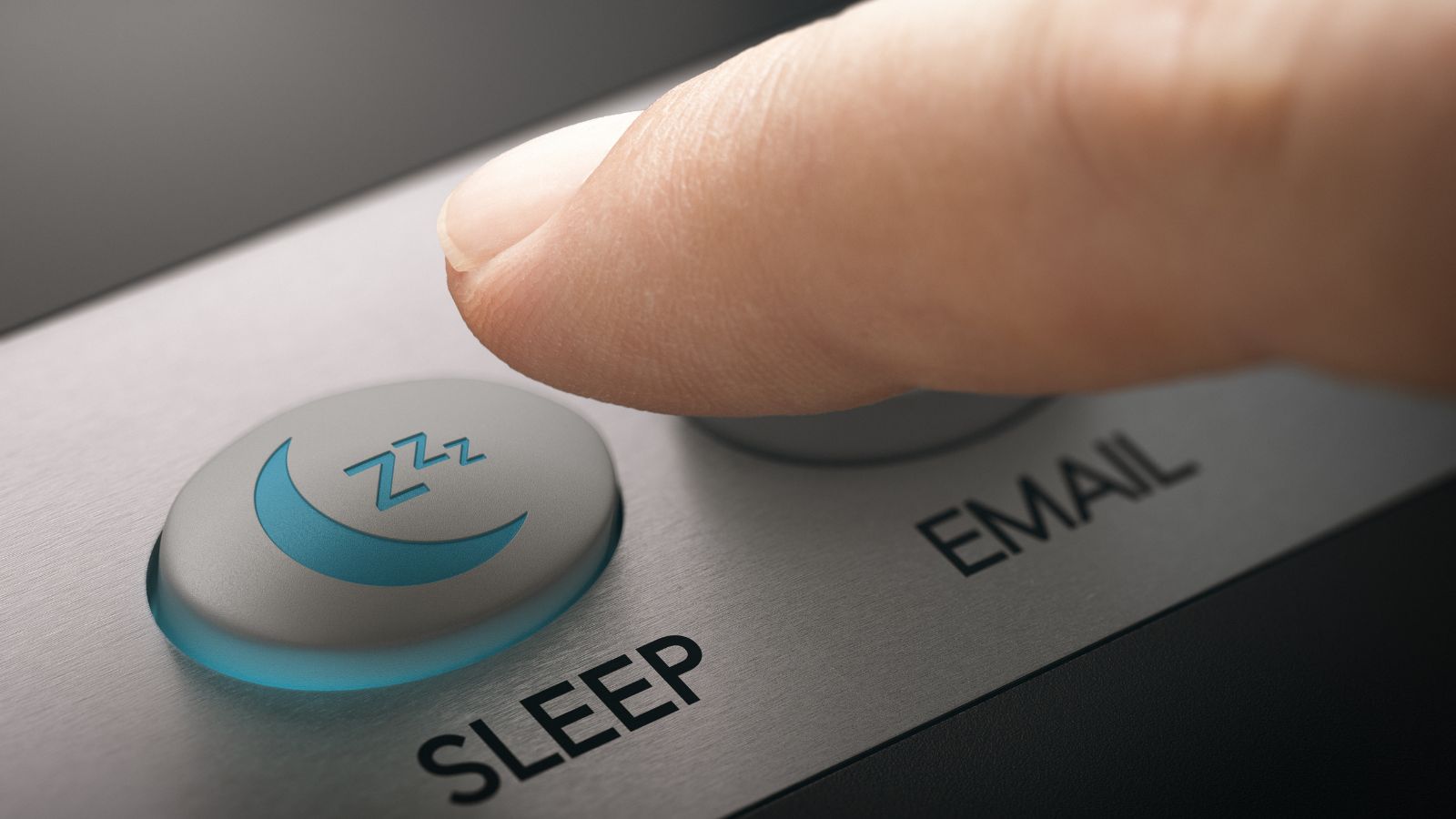
Many electronics have a standby mode that uses a small but continuous amount of power, so simply turning these devices off completely when they’re not in use can reduce this wasted energy. Some power strips also have an on-off switch, making it easier to cut power to multiple devices at once.
Overfilling the Dryer
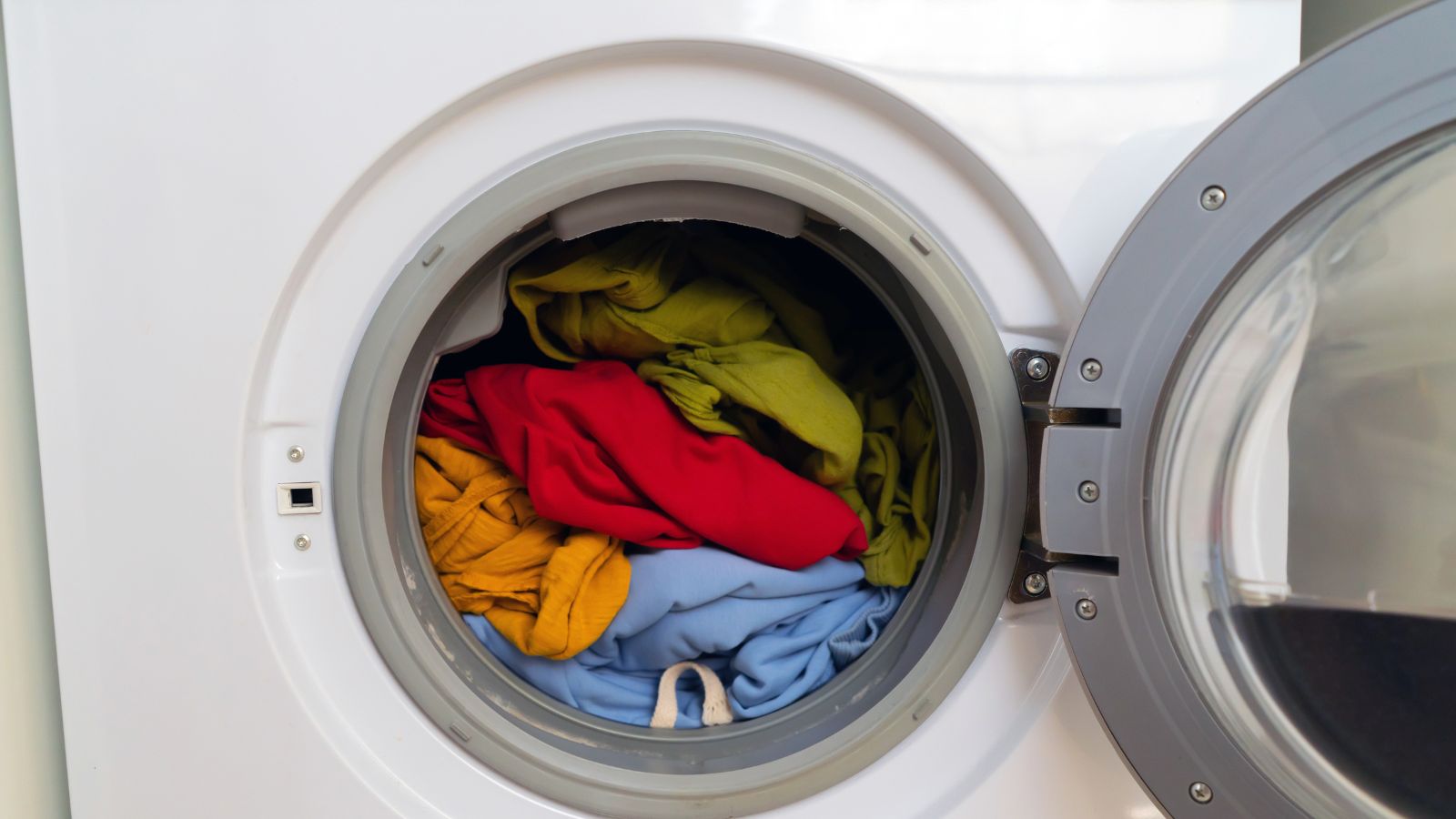
As we mentioned earlier, underfilling appliances can be wasteful, but so can overfilling them, such as packing the dryer too much. It restricts airflow, making it less efficient and requiring longer drying times, whereas smaller loads allow clothes to dry faster and more evenly. For even more energy savings, air-dry clothes on a rack or line when possible to give your dryer a break.
Leaving Lights On
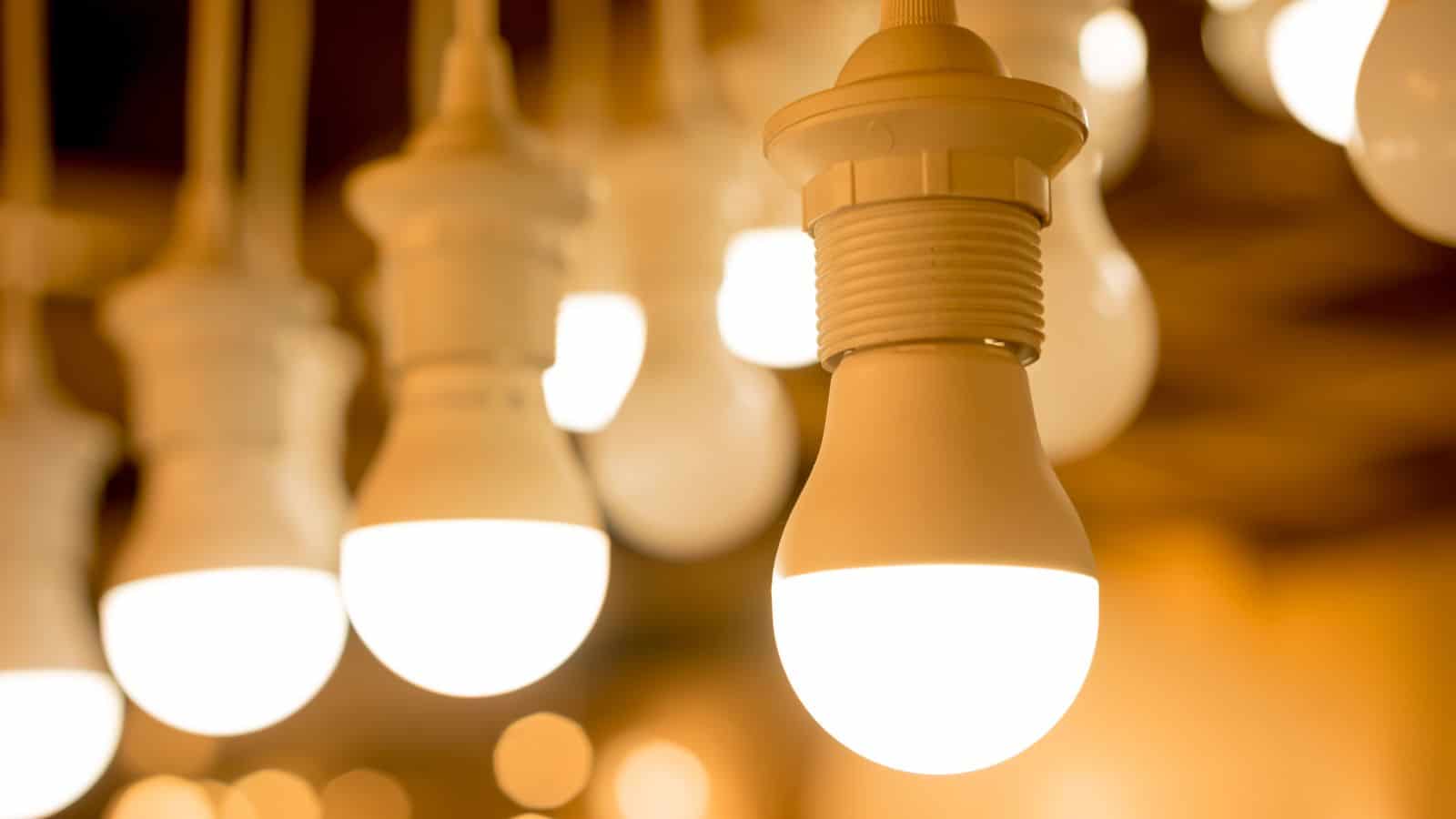
It’s an easy habit to leave lights on when moving from room to room, but it’s also one of the simplest ways to waste energy. There’s nothing stopping you from starting to fix this today; just get into the habit of turning off lights when you leave a room. If you’re feeling really fancy, consider installing motion sensors, which can save energy with very little effort.
Overusing Exhaust Fans
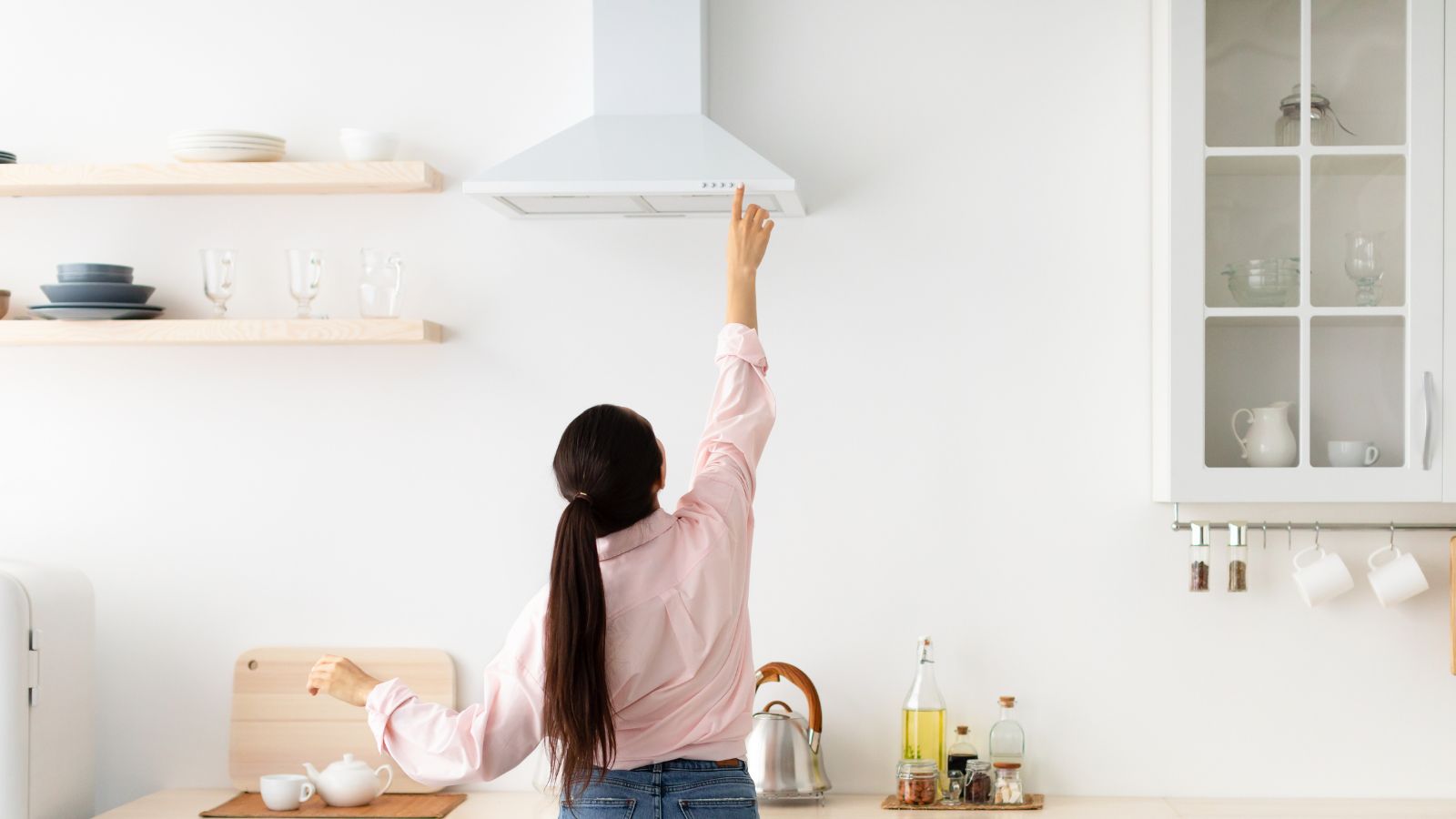
Finally, it’s true that bathroom and kitchen exhaust fans are essential for ventilation, but leaving them on for extended periods can remove heated or cooled air from your home. We’ve all been there, leaving them on because we’re just too lazy to get up and turn them off, not realizing how much this is costing our bank accounts and the environment. So, try to start using them only as needed, then switch them off as soon as possible to conserve energy.
